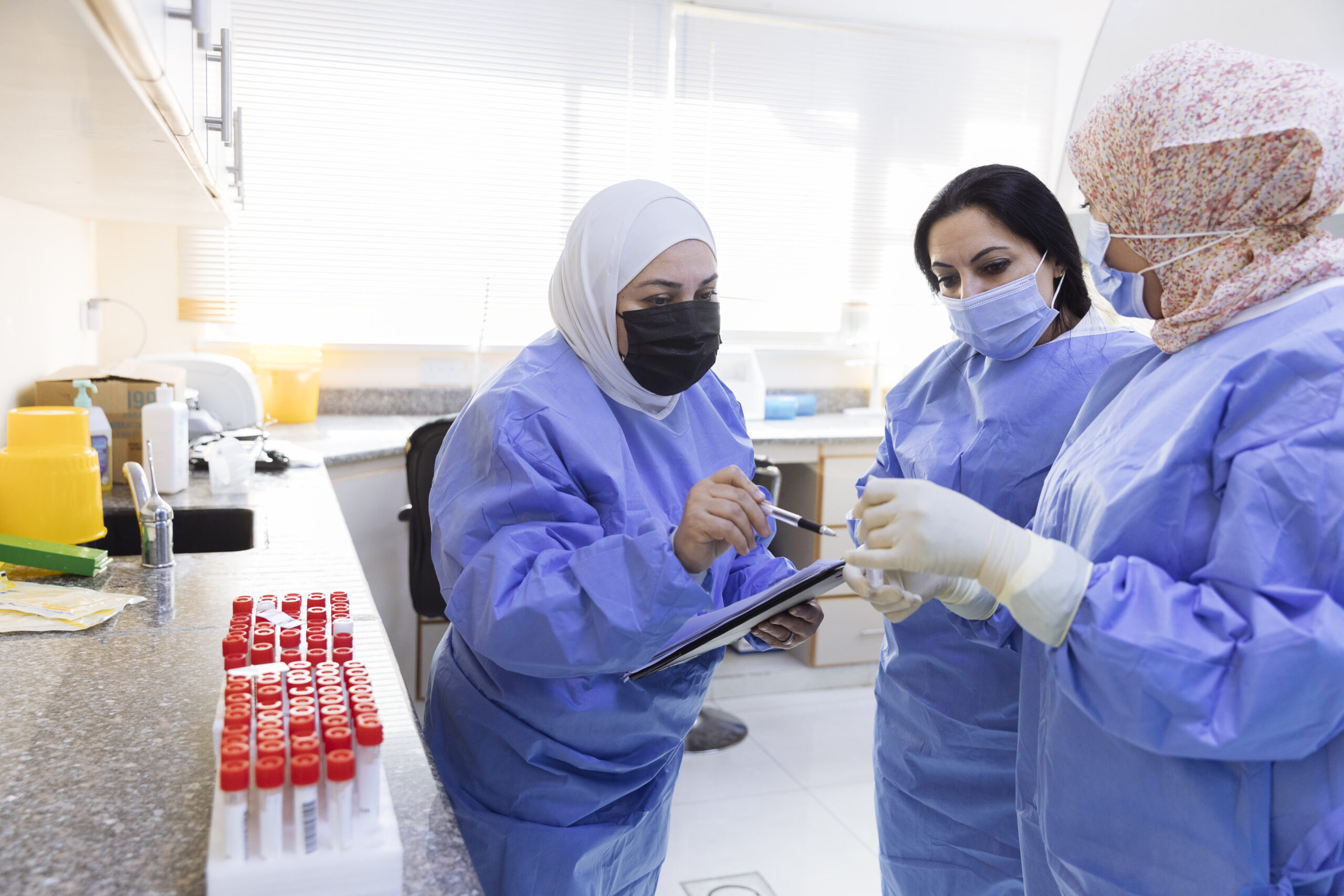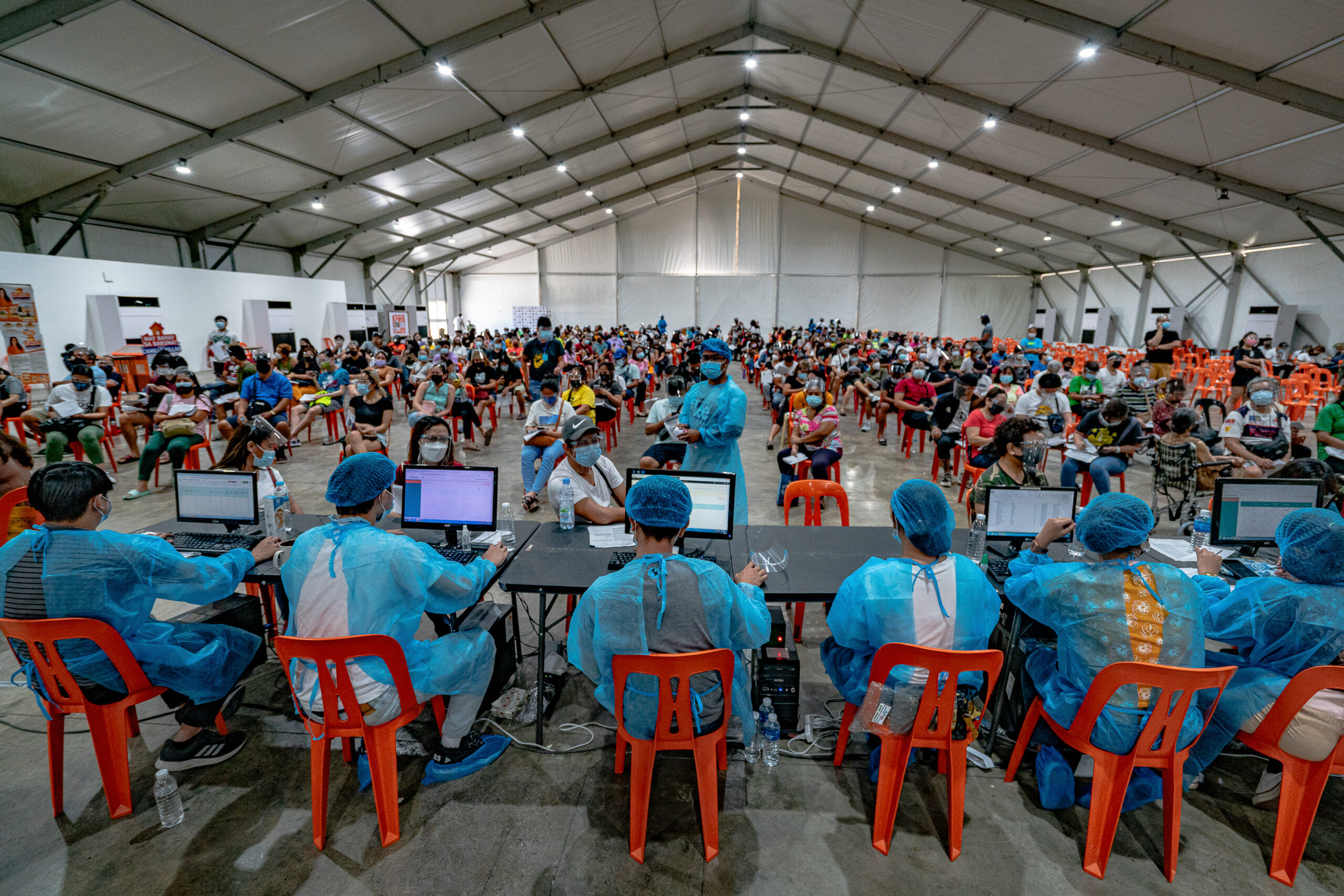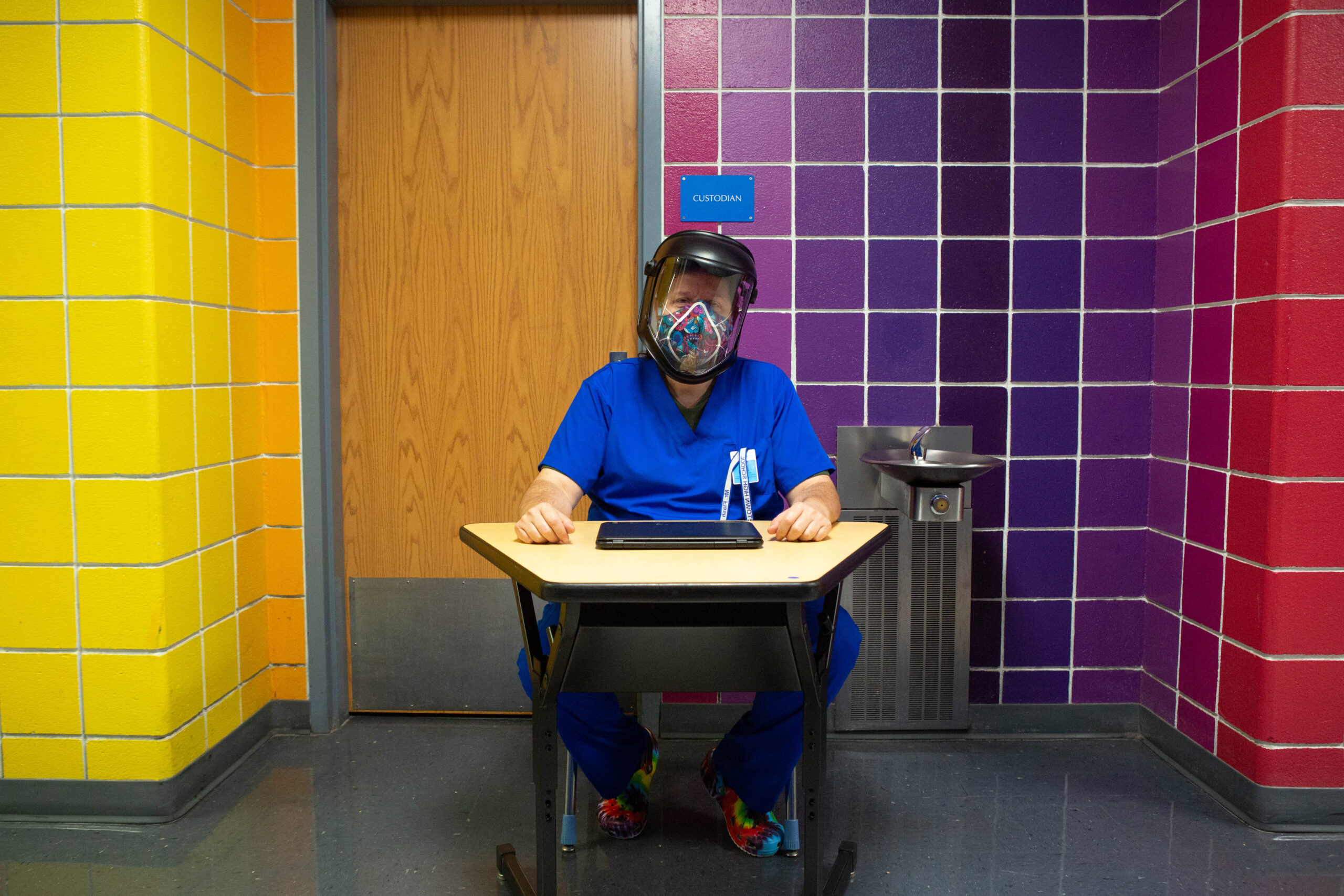The human tragedy of Covid-19 has provided a challenging research environment that has tested the ability of development donors to rapidly mobilise funding and support impact. A new report by the Institute of Development Studies (IDS), shows that social science and life science research across three initiatives, has enhanced the response to the pandemic and is supporting preparedness for future shocks in low- and middle-income countries (LMICS).
Our analysis of 90 research projects supported by the Covid Collective, COVID CIRCLE, and Covid Response for Equity (CORE) initiatives provides a unique insight into how different funders and research initiatives were working to facilitate evidence informed responses to Covid-19. The study indicates that much of the influence achieved involved research impacts of different kinds – and many of those were not oriented towards policy design and implementation. In short, our findings show that it is vitally important to prioritise impact that involves evidence-informed behavioural changes at multiple levels, going far beyond the types of policy impact that are traditionally assumed to be of the most value.
Pathways to impact in the pandemic
Transformations in relationships and understanding
The study highlights a range of ways that research processes are supporting change. When a group of researchers from UK and Rwanda based organisations formed an opportune collaboration with the Rwandan Arts Council and shared their preliminary findings with artists and cultural organisations, they laid the groundwork for real change. Young people and artists are now working together to feed into a national framework for the arts-based psychosocial support for young people affected by the pandemic. Another research team spanning UK, Botswana, and South Africa based organisations, shifted understandings of suitable technology for medical equipment sterilisation in LMICs. Their models supplied healthcare providers in DAC-list countries with important insights into the designs needed to prepare for future health emergencies.
These research impacts relate to strengthening networks, relationships, and understanding, rather than directly changing policy. Around half of the 90 research projects supported by the Covid Collective, COVID CIRCLE, and Covid Response for Equity (CORE) initiatives we analysed highlighted examples of influencing networks and awareness. These research initiatives span social science, macroeconomics, and life sciences, and have helped shape understandings of the crisis in diverse contexts and forged new connections between researchers, knowledge brokers, and decision makers.
How the study defines outcome areas (impacts):
| Capacity Building | Networks | Conceptual | Instrumental |
Strengthened capacities of either researchers or intermediaries. New or improved approaches or strategies to support research uptake. Capacity of beneficiary groups to participate or engage with research. | Stakeholder platforms or spaces that bring different voices together. Engagement with key stakeholders. Partnerships with civil society / practitioners / policy or other relevant groups. Opportune alliances with diverse groups that inform the research process or expand the reach of the evidence. | Approaches that have built awareness of an issue or put it on an agenda. Engagement with media and civil society to shift attitudes or create public pressure. Evidence of a shift in the dialogue and discourse around a particular issue. Uptake of an approach or use of evidence to inform design of interventions. Stronger training methods and tools. | Evidence of having influenced a policy document or statement. Shifts in practice – application of new approaches, methods and practices. |
Valuing research impact in all its forms
Despite the emphasis placed by research donors in funding calls and criteria on instrumental impact on policy, these kinds of impacts are difficult to attribute to research in the short term and will most likely become more evident further into the future. This may be the reason for instrumental changes having the smallest percentage of outcome examples in our analysis. There is a potential disconnect worth exploring between the instrumental impact on policy that donors frequently appear to prioritise when funding a project, and the focus and priorities of the implementing partners, where they may be pursuing a variety of pathways to impact.
Percentage of projects reporting outcomes for each initiative
Although the scientific discipline of projects seems to have little effect on the spread of impacts achieved, there was some divergence on the predominance of outcome areas covered between the initiatives reviewed. For example, the IDRC funded CORE programme showed the highest proportion of instrumental impacts of the three initiatives. One possible explanation for this is the degree to which the think tanks and research organisations funded through CORE are embedded in their local and national policy contexts. There were consistently more examples of networks and conceptual outcomes than capacity building and instrumental outcomes across the three initiatives.
Supporting system level change and longer-term research partnerships
When we consulted researchers and donors around our initial findings, we discovered there was strong support for placing greater value on diverse pathways to impact. Facilitating change is complex and requires behaviour change at different levels, including community participation in projects, building of networks that connect research with practice, and changes in policy. The importance of systems-level – longer-term – support is also highlighted through several projects we looked at, where research could be delivered in a crisis due to the research teams’ ability to rapidly mobilise research funding through building on existing relationships and networks.
The beauty of focusing on cognitive and relational outcomes, as well as instrumental ones, is the persistence of these changes. They may be far better indicators of the lasting impact of research, as they are not dictated by the short-termism of funders’ priorities and may be better aligned with the socio-cultural and political contexts.
Adaptive flexible funding supports greater impact
Researchers have faced many challenges during the pandemic, from travel restrictions, working in data poor environments, and having to adapt their research methods. Some of this may be ameliorated through flexible forms of funding and possibilities to reframe projects in real-time during a crisis. Funders, therefore, should consider explicitly supporting adaptive and flexible approaches to research production and engagement. There is much learning to build on from programmes that experimented during the pandemic with innovative approaches to commissioning research, mobilising funding and supporting research engagement.
Areas for further investigation
Further analysis of Covid research networks and relationships and change processes would be invaluable to understand their dynamics, and identify possible gaps, opportunities, and risks to bringing about changes in pandemic preparedness and response. Fortunately there is a lot of work happening in this area such as a research project on knowledge translation supported by IDRC and led by IDS in partnership with OTT Consulting. The Outcome Harvesting approach that our report is grounded in was originally developed to evaluate social science research projects. However, it is important to note that the outcome categories set out above, particularly the instrumental outcomes that include policy influence, are not always the target for life science research. Therefore, a more rigorous study with amended outcome categories would be needed to fully identify the impacts and outcomes that are more targeted to the aims of life science research projects. Investigating the intended and unintended outcomes and impacts at both the project level and for whole programmes consisting of multiple research investments, would also provide an interesting future study.
Covid-19 a watershed moment in research impact?
We believe that the pandemic has disrupted conventional development research project processes, including funding mechanisms, knowledge systems and research engagement. Despite the complex pandemic context, researchers have mobilised less heard voices and built networks to engage nationally, regionally, and internationally with policy actors and practitioners. Covid-19 may mark a watershed moment after which we will truly value multiple forms of impact and fully appreciate researchers embedded in their local and national contexts as well as equitable international research partnerships and flexible donor communities. We hope this new analysis of pandemic research outcomes goes someway to suggesting how donors and researchers could work better together to achieve real world impacts that can have lasting direct and indirect effects on peoples’ lives.




